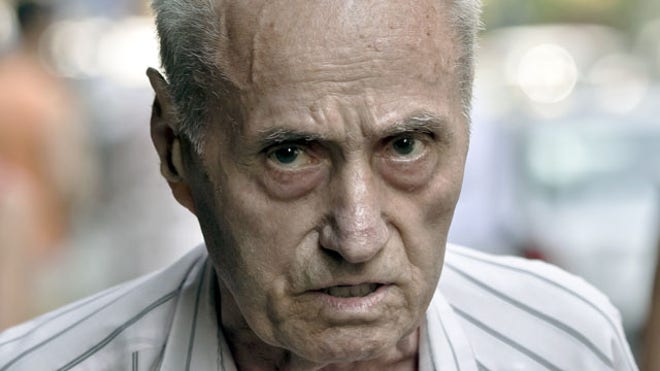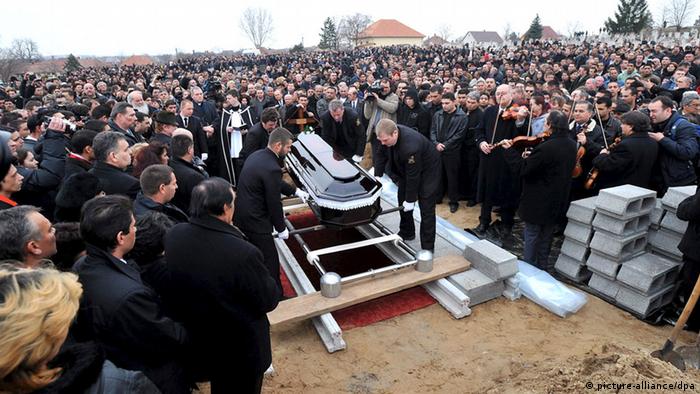By Ben Kopp
Impunity Watch Reporter, Europe
MOSCOW, Russia – Russian lawmakers will soon discuss a bill to remove children from homosexual parents. Among other issues, world leaders plan to express their concerns about Russia’s policy at the G20 summit in St. Petersburg.

In June 2013, Duma Deputy Yelena Mizurina proposed both the “Gay Propaganda to Minors” bill—now law—and the idea of revoking parental rights from homosexuals.
Currently, under Russian law, sufficient grounds to revoke parental rights include alcoholism, drug addiction, and “premeditated crime against a child’s life.” If made law, the bill adds to such grounds the “fact of non-traditional sexual orientation.” Parental rights could be terminated whether one or both parents are homosexual.
With reference to the June 2013 law, Deputy Alexei Zhuravlev of Putin’s United Russia Party stated that homosexual “propaganda” must be prohibited in the public and “also in the family.”
In the bill, Russian lawmakers cited Mark Regnerus, an Associate Professor of Sociology at the University of Texas—Austin, who conducted a controversial study claiming that “gay parenting” results in psychological problems for children. Although the entire theory has been declared invalid by the American Sociological Association, Zhuravlev said, “The harm that could be inflicted on a child’s mental health if their parents are homosexual is immense.”
Head of the Kremlin’s Human Rights Council Mikhail Fedotov responded to the new bill, asking, “Will we deprive left-handed people of their driver’s licenses now too? They’re left-handed, you know, and all our vehicles have the steering wheel on the left side, so it’s harder for a left-handed person to drive.”
This law will create “unwanted tensions between Russia and the West”, predicted Leading LGBT activist Nikolai Alekseyev. “I cannot imagine how this initiative can be taken in the Duma. It is just another populist campaign [by Zhuravlev] to attract attention to himself. I don’t believe that such a law could possibly be signed by the President.”
While Putin attempted to cite Russia’s love for composer Pyotr Tchaiskovsky as proof that Russia appreciates its LGBT community, activists assert that fellow Russians are turning homosexuals into scapegoats for problems ranging from low birth rates to an HIV epidemic.
In anticipation of the G20 summit in St. Petersburg, activists held protests in over 33 cities.
On the importance of challenging Russia’s anti-homosexual laws, British Foreign Secretary William Hague said, “Britain cannot have a foreign policy without a conscience and I don’t believe it is ultimately in the nature of British people to act without a conscience.”
Without children in a household to be orphaned upon their parents’ arrest or disappearance, Russia’s new law enables the country to take the next step in removing rights from its LGBT community.
For further information, please see:
The Moscow Times – Gays’ Kids Could Be Taken by State under Proposed Bill – September 6, 2013
Euronews – Draft Bill Could See Russian Parents Lose Custody of a Child – Because They’re Gay – September 5, 2013
Irish Times – Russian Duma to Debate Bill That Would Remove Parental Rights of Gay People – September 5, 2013
Washington Post – Russian Lawmaker Proposes Bill That Would Deny Gay Parents Custody over Children – September 5, 2013
The Independent – Tchaikovsky Was Gay But Russians Love Him, Says Vladimir Putin as David Cameron to Raise Concerns over Russia’s Controversial Policies – September 4, 2013



